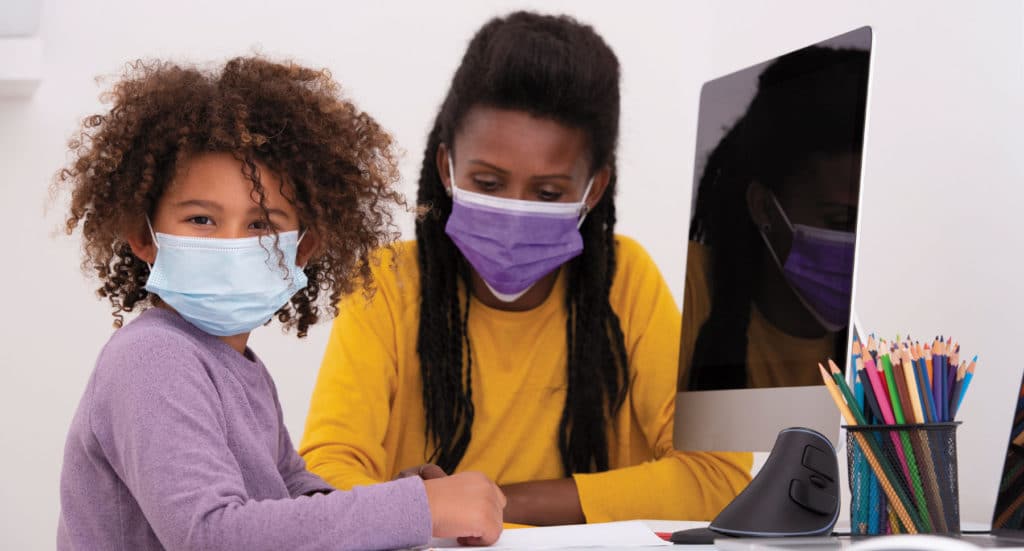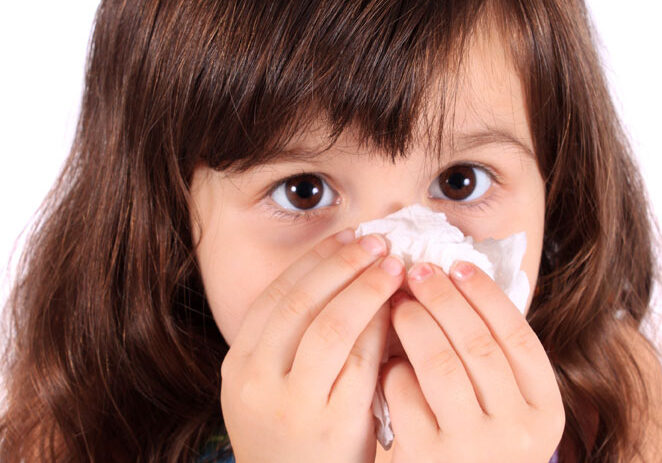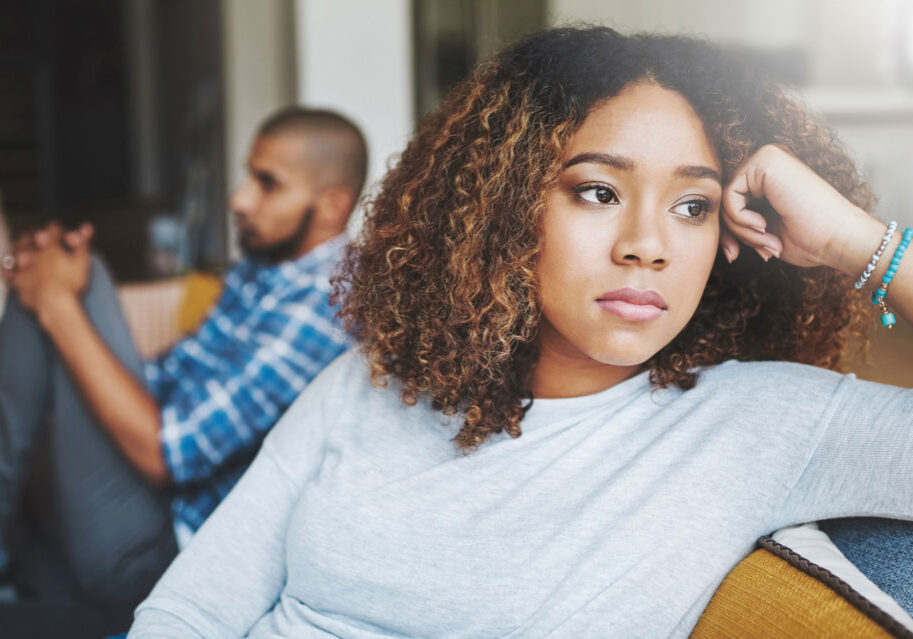The pandemic has now been with us for several months, and no one knows when it will pass. How can parents talk to their kids about it in a way that’s realistic and helpful but doesn’t make them worry? Here’s what the experts say.
Find out what they know and what they want to know
Start the conversation by asking them, as child psychologists Dr. Felicity Sapp and Dr. Daniel Chorney, put it, “what they know, what their worries are, and what they want to know.”
This dialogue will help you to clear up any misunderstandings. There are lots of false rumors circulating, especially on social media. You can address topics that concern them the most. Some kids worry about what could happen to them while other children are more anxious about their family and friends. Assess how much information they can handle. Some kids find comfort in knowing as much as possible, and others prefer to know just what’s necessary.
What makes the most sense for your child?
“Our challenge, as parents,” say child psychiatrists Dr. Karestan Koenen and Dr. Archana Basu, “is to consider all the information and then ask ourselves what makes the most sense for my child?” Dr. Adam Weiss, a pediatrician, agrees, saying, “The goal is to provide enough detail, so they understand the situation and how to stay safe, but not cause them fear, confusion, or anxiety.”
Expect them to ask a lot of questions
No matter how well you explain the pandemic, your kids are likely to have a lot of questions. When kids ask the same questions repeatedly, it’s rarely because they don’t understand something, but rather because they’re worried.
“Asking the same question over and over,” explains child psychiatrist Dr. Davis Fassler, “can be a way for a child to ask for reassurance.” If your kids keep asking why it’s essential that they wash their hands with soap every time they’ve been outside, they are likely concerned with whether they’re washing their hands well enough to protect them from the virus, not because they don’t know the answer.
Acknowledge uncertainty
Answer your kids’ questions and address their worries, but also acknowledge when they ask something for which you don’t have an answer. “Given how much uncertainty there is,” Rachel Ehmke of the Child Mind Institute says, “try to be comfortable saying ‘I don’t know.’ Teaching children how to tolerate uncertainty is key to reducing anxiety and helping them build resilience.”
Offer reassurance, not pressure
You can’t promise your children that the pandemic will be over soon, but you can help empower them by talking about what they can do, in their small way, to fight it. As Dr. Jamie Howard, a child psychologist, puts it, “Kids feel empowered when they know what to do to keep themselves safe.” Staying safe includes wearing a face mask when they’re out in public, following social distancing guidelines, and avoiding touching their face or shaking hands.
Don’t put too much pressure on your kids. Reassure them that many smart adults, like public health experts and science researchers, are working hard to fight the pandemic and develop a vaccine. “When you reassure children that the adults are managing the situation,” says Dr. Jamie Aten, a child psychologist, “you give them permission to be kids.”
Posted in: Health & Nutrition
Comment Policy: All viewpoints are welcome, but comments should remain relevant. Personal attacks, profanity, and aggressive behavior are not allowed. No spam, advertising, or promoting of products/services. Please, only use your real name and limit the amount of links submitted in your comment.
You Might Also Like...
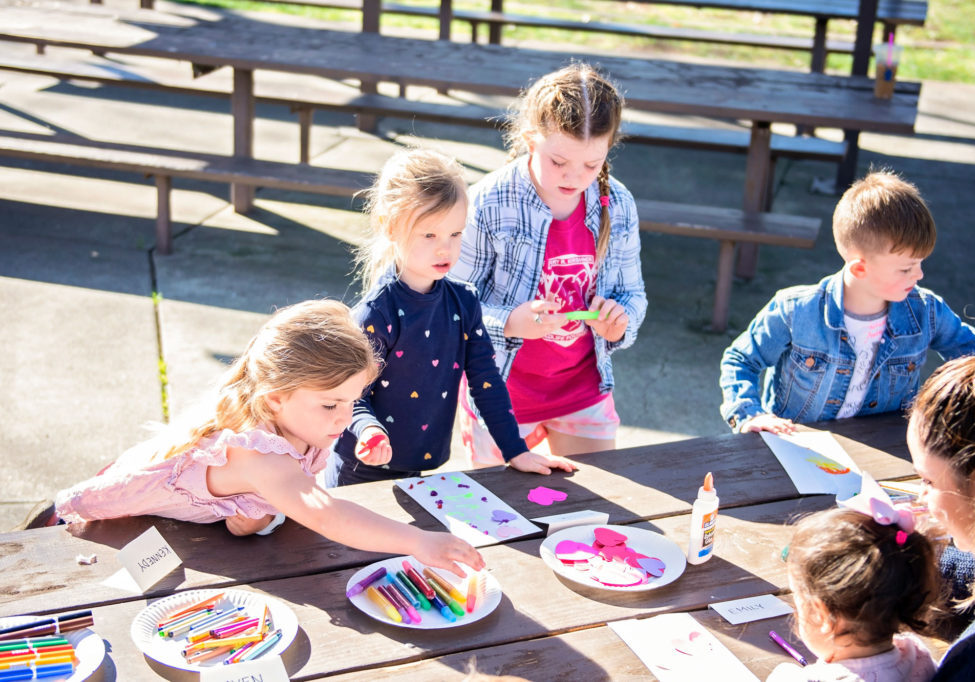
Chico Mothers Club – Support And Lifelong Friendship
In 1995, a group of six mothers got together to create a supportive, safe space for themselves and other families experiencing the journey of motherhood and parenting. Their vision eventually […]
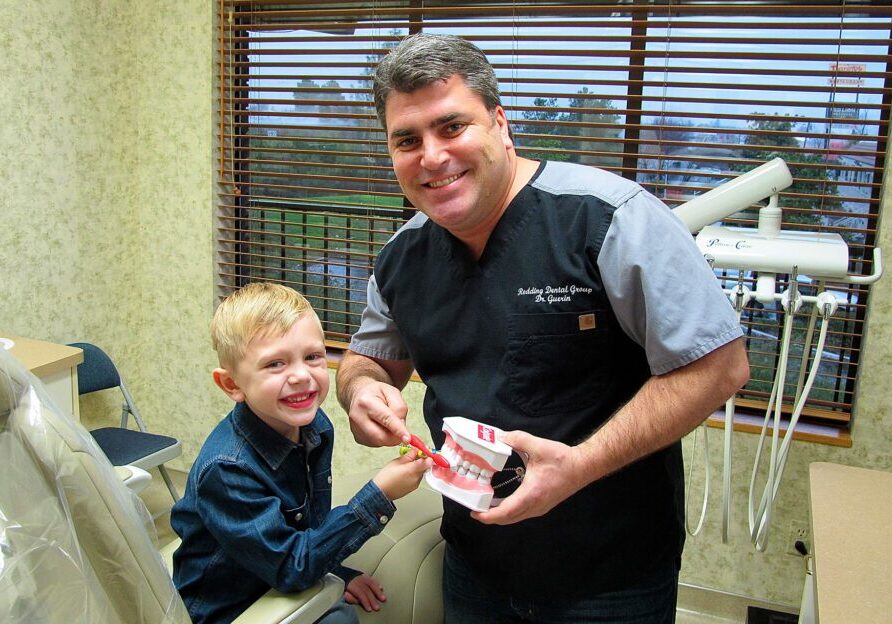
Motivating Mouths: Help Create A Strong Relationship Between Your Child and Brushing
“Did you remember to brush your teeth?” I said to my then 7-year-old son. “Yes mom. You can check, even my toothbrush is wet,” he said, smiling with a grin […]
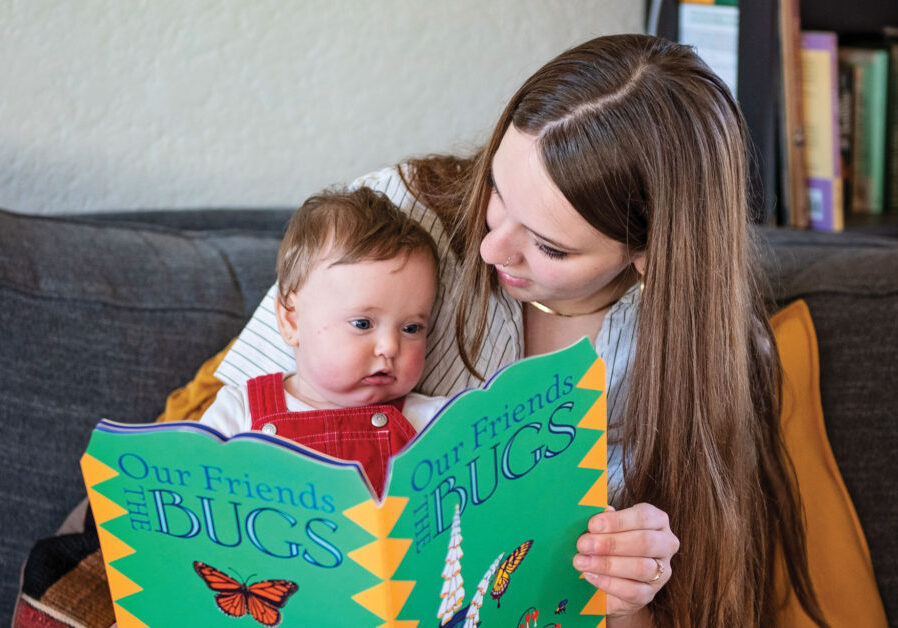
Reading Aloud To Your Baby – A Soothing Routine That Helps Learning
Reading to your baby not only strengthens the parent-child bond; it is also a soothing experience and one which increases the chances that you carry on with this habit as […]

12 Ways to Exercise without Spending a Dime
With the holidays over and bathing suit season just a few months away, people begin to reevaluate their exercise routine. Is it time to step it up? Should you join […]


